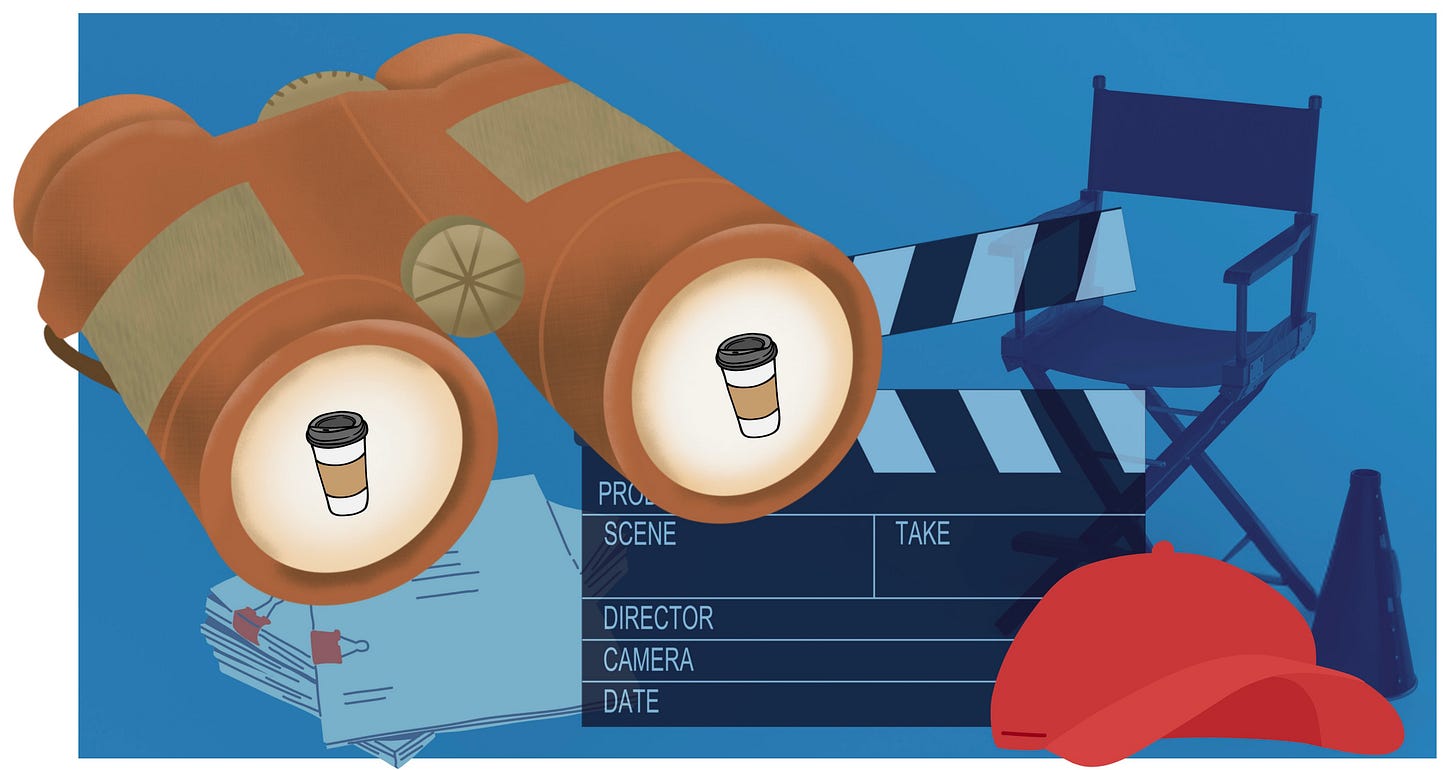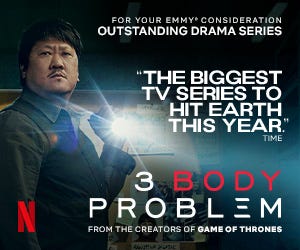Field Guide #6: Directors
They can make or break a movie — and maybe a studio, too! Eleven iron laws in the care and feeding of the auteur and their ego
Welcome to round two of my Field Guides to Modern Hollywood, covering the handling and care of the different personalities and professions who populate your neighborhood. I earlier wrote about Actors, Writers, Agents, Executives, and Reporters. This week, we’ll bite off four more: Producers, Publicists, Assistants and today, the elephant in the room: Directors.
Directors are the Godzillas of the industry: giant, ferocious, capable of both outsized achievement and outsized destruction. The greats are the legends of our world, and they are granted unquestioned powers that would make the Pharaohs blush. The hacks are capable of taking a studio’s meticulously crafted plans and laying them to waste.
Because of their enormous power, they are also enormous targets. And, ironically, perhaps the most vulnerable people in the business. Directors are caught in the crosshairs of all Hollywood’s unresolved paradoxes. This is a business that loves the wunderkind, but would never trust them with an ounce of power. That values stability — the kind proven journeymen directors assure — but denigrates anything familiar. It talks up diversity and progressive values, but still its most powerful craft remains vastly male and monochromatic.
Directors become the symbols of our striving and of our inertia. We entrust them with all our mixed-up hopes, and then punish them when they fail to fix everything.
So who are these people who would aspire to the status of living god in our world? Let’s take a look at some rules for directors in Hollywood:
I. They Have Won the Hollywood Ego Contest
Biggest ego in Hollywood is a competitive field, and it takes a lot to come out on top here. But in the end, there’s no ego like a director’s ego in Hollywood. “The narcissism cannot be understated,” says one producer.
“You spend a lot of time dealing with them thinking about how every move fits into their own hero’s journey,” says an agent.
A studio chieftain can be brought down to Earth daily by shareholders, board members, advertisers, Wall Street analysts and a thousand others who tell the world that he has no idea how to do his job. A star, of course, can grow a sense of entitlement like few can imagine, but on the set, their fate — who will make them look good, or bad — is in the hands of one person.
A director brings a star’s level of self-absorption, but unlike the star, is actually running things. At their worst, they’re petulant children — but with an actual army at their command. Yes, a studio can, in theory, step in and fire them mid-film, but that is a doomsday scenario for all concerned.
In the end, they are the only people on the set who don’t dream of having anyone else’s job. There’s a reason why what everyone secretly wants to do is direct.
II. Director Jail = The Great Terror
Movie jail is built for one profession. Stars might disappoint, but only directors are blamed for a debacle — and then punished for it.






